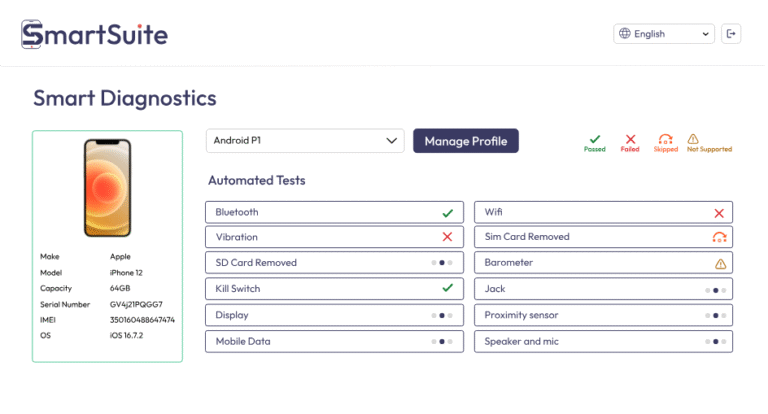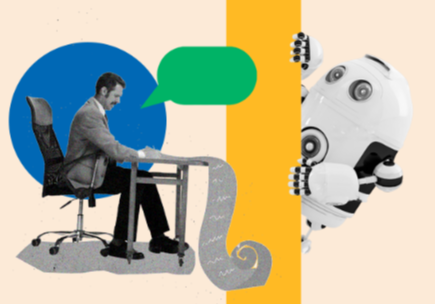How Emerging Tech Will Reshape Education by 2030
By 2030, education is poised for a significant transformation driven by emerging technologies. Artificial intelligence will enable customized learning experiences tailored to individual needs. Virtual reality is set to create immersive environments that promote active engagement. Meanwhile, blockchain technology could revolutionize the verification of credentials. As these innovations unfold, their implications for teaching methodologies and student outcomes merit closer examination. What challenges and opportunities will arise in this rapidly changing landscape?
The Role of Artificial Intelligence in Personalized Learning
Artificial intelligence (AI) is poised to revolutionize personalized learning by tailoring educational experiences to individual student needs and learning styles.
Through adaptive assessments, AI analyzes student performance in real time, allowing for customized feedback.
Intelligent tutoring systems can provide immediate support, enhancing mastery of concepts.
This innovative approach empowers learners, fostering autonomy and engagement, and ultimately promoting a more effective educational journey.
Virtual Reality: Transforming the Learning Experience
As educators increasingly embrace technology to enhance learning outcomes, virtual reality (VR) emerges as a powerful tool that can significantly transform the educational landscape.
By offering immersive simulations, VR allows students to engage deeply with complex concepts while fostering collaborative environments.
This innovative approach not only personalizes learning experiences but also promotes critical thinking and creativity, preparing learners for a rapidly evolving world.
Blockchain Technology and Its Impact on Educational Credentials
While the traditional methods of verifying educational credentials often suffer from inefficiencies and vulnerabilities, blockchain technology offers a robust solution that could revolutionize the way academic achievements are recorded and authenticated.
Conclusion
As the clock ticks toward 2030, the convergence of artificial intelligence, virtual reality, and blockchain technology stands on the brink of revolutionizing education. With personalized learning pathways, immersive environments, and secure credentialing, the landscape of academia is poised for a seismic shift. Yet, beneath this promising facade lies a pivotal question: will these advancements truly meet the diverse needs of learners worldwide? The answer remains to be seen, leaving educators and students alike at the edge of a transformative era.






